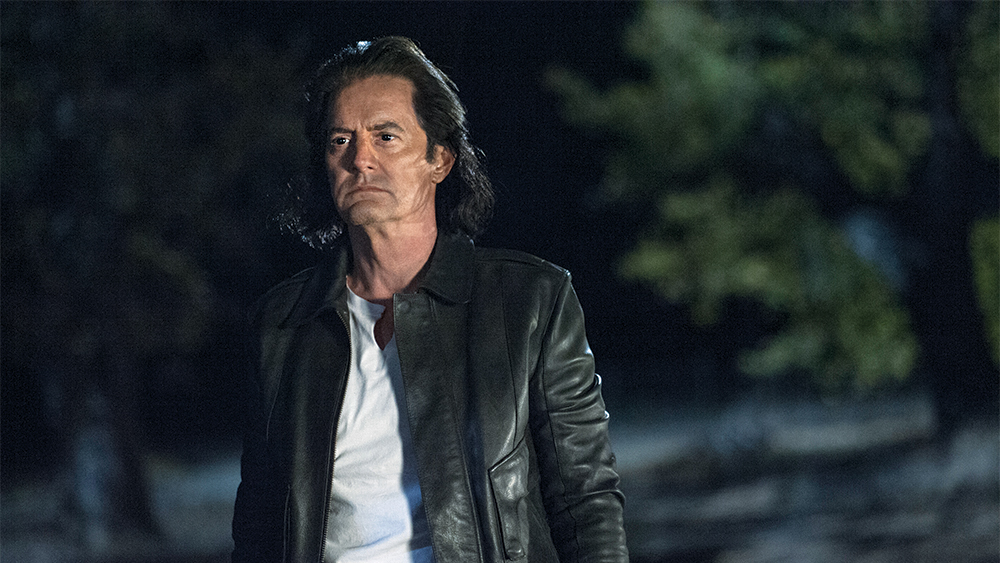Emmys: ‘Howards End,’ ‘The Sinner,’ ‘Patrick Melrose’ Bring Unique Sounds to Small Screen
By Jon Burlingame
LOS ANGELES (Variety.com) – Music often provides the finishing touch for a limited series or TV movie, and this year’s crop contains a diverse range of sounds that enhance the stories.
Contemporary composer and arranger Nico Muhly, who moonlights in film, wrote his first TV score for Starz’s “Howards End,” based on the E.M. Forster novel. True to his classical roots, it has a chamber-music ambiance that emphasizes the story’s intimacy.
The biggest challenge, explains Muhly, involved the Schlegel sisters, played by Hayley Atwell and Philippa Coulthard: “They are slightly Bohemian, independent and learned, but there was a need to add a sense of yearning and poignancy to them,” he says. “I wanted the Wilcoxes’ music to be always slightly haunted by the music belonging to the first Mrs. Wilcox. Bast’s music was jagged and angular — stuck in an obsessive set of patterns.”
Muhly played piano and conducted an ensemble of four violins and one viola in both New York and London, then double- and triple-tracked them for a richer string sound as needed.
Composer Ronit Kirchman also scored her first TV project, USA’s “The Sinner,” with mostly synthesized sounds — although she also played acoustic violin and a seven-stringed electric violin on the score. The murder mystery starring Jessica Biel was “a gift,” Kirchman says, because “the story unravels and develops. Material you thought meant one thing actually means another, so musically it was both a preconceived and an emergent approach in terms of how the themes developed.”
A motif established in the first episode “is associated with Cora’s inner psyche and becomes the main theme,” she says. As the series progresses, It evolves into “a shared theme for Cora and Ambrose as their psychic material intertwines over the course of the series.”
For FX’s “American Crime Story: The Assassination of Gianni Versace,” composer Mac Quayle credits producer Ryan Murphy’s love of electronic music for informing the score, but says, ultimately, they were writing a soundtrack to a “creepy serial killer.”
Flourishes abound in the “Versace” music, with nods to the fashion icon’s Italian heritage and that of his sister, or what Quayle, who scored last season’s initial offering in Murphy’s “American Crime Story” series, “The People v. O.J. Simpson,” describes as “classical flavor along with … a tense, creepy, atmospheric bed.” Unlike “O.J.,” which “needed to be very understated, subtle and minimal,” “Versace” demanded something a little bigger and more dramatic, he says.
One of the year’s most musically compelling projects is Showtime’s current “Patrick Melrose,” scored by Volker Bertelmann (also known as Hauschka, a 2016 Oscar nominee for “Lion”). The German composer’s challenge was finding the right sound for Melrose (Benedict Cumberbatch), a wealthy, unrepentant drug addict whose troubled childhood is slowly revealed.
Bertelmann was startled to discover “experimental classical music” — such as that of John Cage — in the temporary music track, and that became an inspiration. He then added a small string section, the metallic-sounding Hungarian cimbalom, and electronically processed “prepared piano,” a Hauschka specialty and a technique in which objects are placed on or between piano strings to create unusual sonic effects.
“We worked with weird pitches and grating, free-jazz situations, just to get strange noises out of the instruments. At the same time we were using modular synthesizers, trying to get a randomness into the sound, and some techno elements,” he says.

